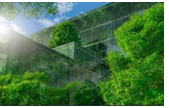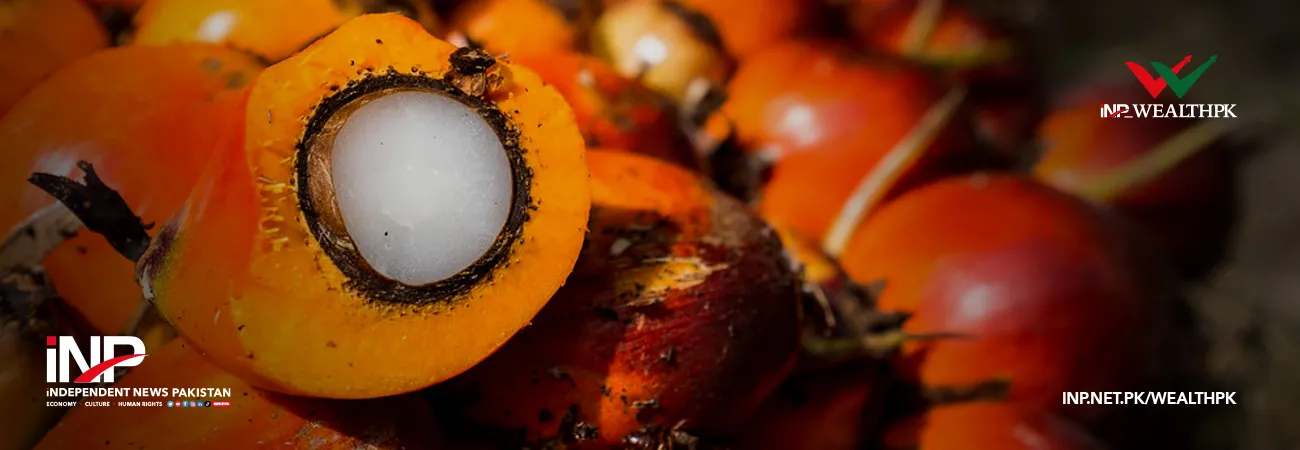INP-WealthPk
Faiza Tehseen
Small ecosystems need to be established in urban areas of Pakistan to avoid air pollution and heat island effect. “These ecosystems serve active carbon sinks and support the biodiversity by providing a safe habitat to plants and animal species,” says Mangrio Saleh Mangrio, a social and rural development expert and environmentalist.

He said: “Small ecosystems in the urban areas serve as natural regulators for the climate. Both the small urban ecosystems and services are necessary to be established and maintained as rapid urbanisation has led to a host of environmental issues, including air and water pollution, urban heat islands, and loss of green spaces. Recent extreme weather events have highlighted the urgent need for green infrastructure in our cities. The recent heat wave in Karachi, where sea breezes halted and temperatures soared, underscored the vulnerability of urban areas with low tree cover.” He said that Karachi has significantly less green space than other megacities around the world, exacerbating the impacts of extreme heat, traffic congestion and poor air quality. Mangrio said that green infrastructure such as parks, green roofs and urban wetlands played a crucial role in improving air quality, managing stormwater, and providing recreational spaces for city dwellers. “Urban forests can significantly reduce air pollution and lower temperatures, enhancing the overall quality of life in cities.
Without these green spaces, cities like Karachi face increased difficulty during extreme weather events, making life challenging for their densely populated communities.” The environmentalists urged policymakers, development practitioners, and communities to embrace the establishment and management of ecosystem services for sustainable development. “By recognising the intrinsic value of natural resources in Pakistan and integrating them into development agendas, a way can be paved for a prosperous and resilient future for all Pakistanis.” Mangrio said: “The incorporation of the national and local policies with a focus on education and community engagement is essential. “Empowering communities to take ownership of their natural resources ensures that the benefits of ecosystem services are equitably distributed and sustained over the long term.
As Pakistan continues to strive for socioeconomic development, let us not forget that our natural environment is our greatest ally. By harmonising our development goals with the principles of ecological stewardship, we can achieve a balanced and sustainable path forward, benefiting current and future generations.” Discussing the importance of the establishment of small ecosystems in urban areas, Muhammad Atif Majeed, Deputy Director of Pakistan Forest Institute, Peshawar, told WealthPK: “Across the globe, cities are witnessing the benefits of integrating the small ecosystems. Through such initiatives, the cities have not only become more resilient to climate change, but the quality of life has also improved.” He said that small ecosystems in the urban areas offered a viable solution to the climatic impacts on urban communities. “By prioritising such set-ups, cities can mitigate the impacts of climate change.”
Credit: INP-WealthPk













